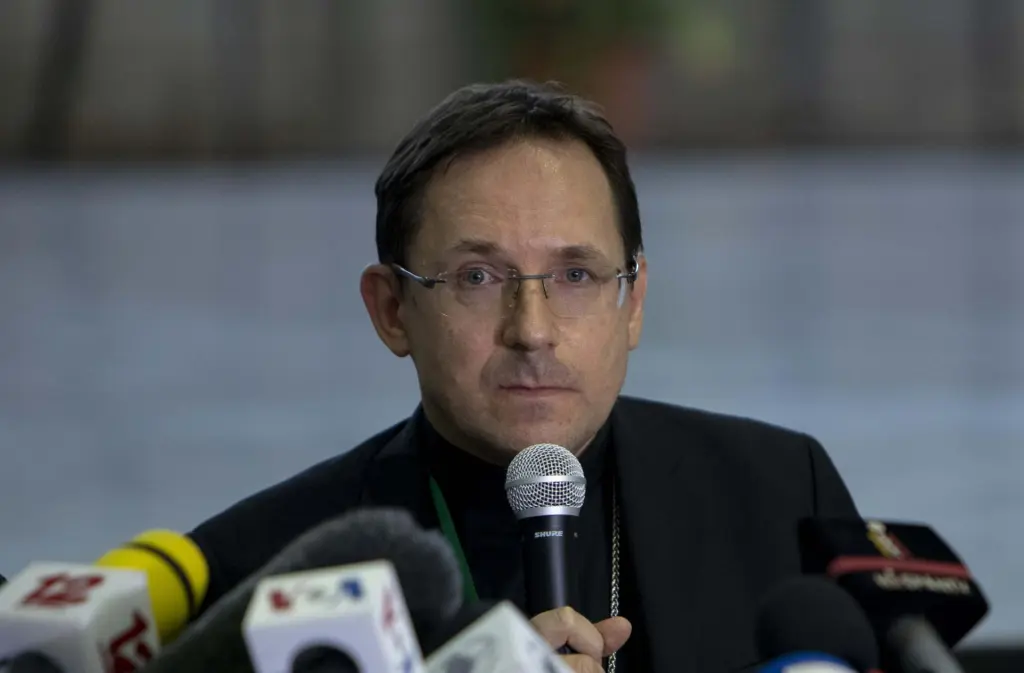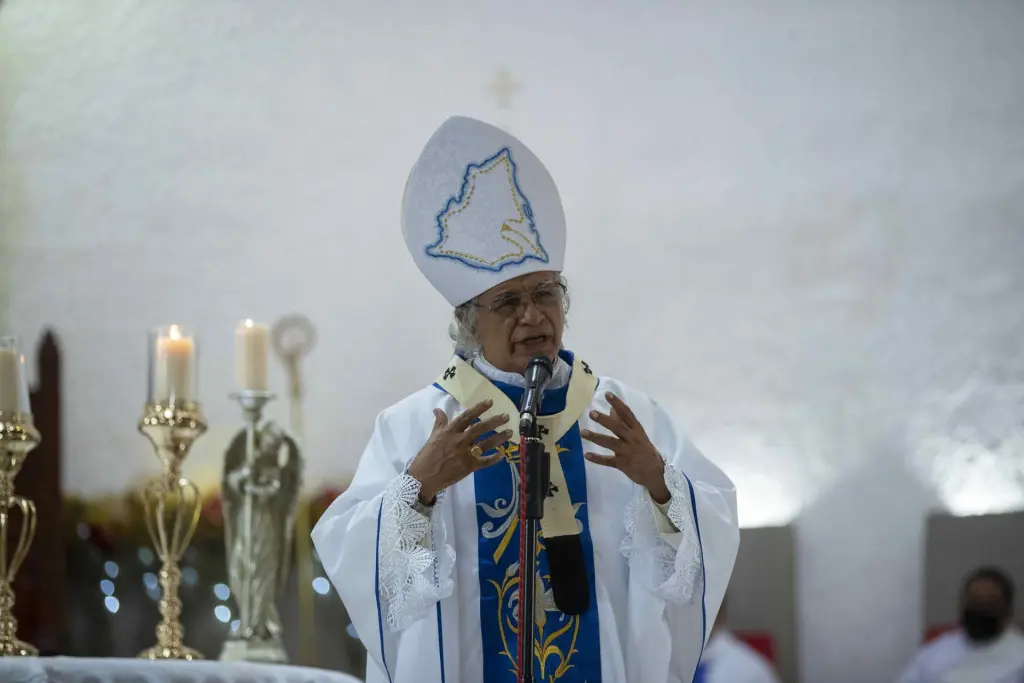Tegucigalpa (EFE).- The Government of Nicaragua has forced 77 religious to leave the country since the sociopolitical crisis broke out in this Central American nation in April 2018, including the auxiliary bishop of the Archdiocese of Managua, Silvio Báez, denounced the researcher Nicaraguan exile Martha Patricia Molina.
Molina, who is the author of the study “Nicaragua: A Persecuted Church?” that monitors the attacks suffered by the Nicaraguan Catholic Church by the Government of Daniel Ortega, indicated in a report that at least 40 religious have been expelled in the last five years, including the Panamanian priest Donaciano Alarcón, at the beginning of April past.
Another 17 religious in exile allege security reasons. 12 were prohibited from entering the country by the Nicaraguan authorities. And eight exiles, declared stateless and “fugitives from Justice” accused of crimes considered “treason,” Molina explained.

Of the 77 religious who have left Nicaragua, for security reasons, because they have been expelled or because they have been denied entry to the country, 41 are men and 36 are women, according to data collected by the researcher.
Among these religious is Bishop Báez, who has been out of Nicaragua for four years by decision of Pope Francis for security reasons and whose nationality was withdrawn by the judicial authorities of his country last February, for which reason he now resides in the United States. Joined.
Likewise, in March of last year, the Government also expelled the apostolic nuncio, Monsignor Waldemar Stanislaw Sommertag. This year he proceeded in the same way with Monsignor Marcel Diouf, secretary of the Nunciature.
Tension in the Church-State relationship
The Nicaraguan authorities have also expelled from the country at least 36 nuns from different religious congregations. Including 18 Missionaries of Charity, an order founded by Mother Teresa of Calcutta.
For Molina, the expulsion, banishment or exile of religious is part of the persecution against the Nicaraguan Catholic Church.
In mid-March last year, the Apostolic Nunciature in Nicaragua closed its headquarters in Managua, after the Ortega government asked the Vatican to suspend diplomatic relations after statements by Pope Francis, who described the Sandinista Executive as a “rude dictatorship.”

The Nicaraguan Police, whose supreme chief is Ortega, accused the Nicaraguan Catholic Church on May 27 of “laundering money.” He ordered Cardinal Leopoldo Brenes to present documents showing the movements of the bank accounts of the dioceses that have intervened.
According to the Police, in the framework of these investigations they found “hundreds of thousands of dollars hidden in bags located in facilities belonging to (the) dioceses” of Nicaragua.
Relations between the Ortega government and the Catholic Church are experiencing moments of great tension. Marked by the expulsion and imprisonment of priests, the prohibition of religious activities, and the suspension of their diplomatic relations.
Pope Francis called the Sandinista government a “rude dictatorship” in an interview with Infobae, pointing out “an imbalance in the person who runs” the Central American country.






